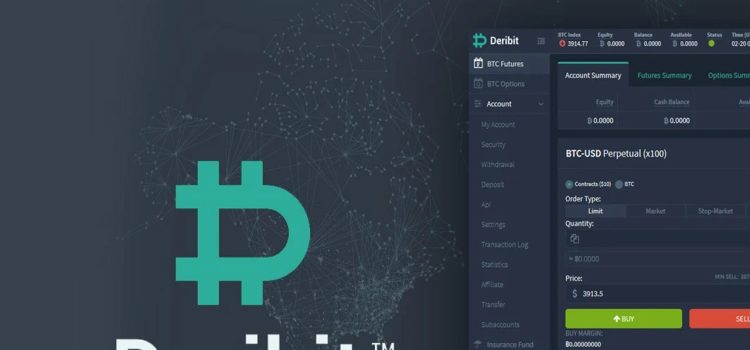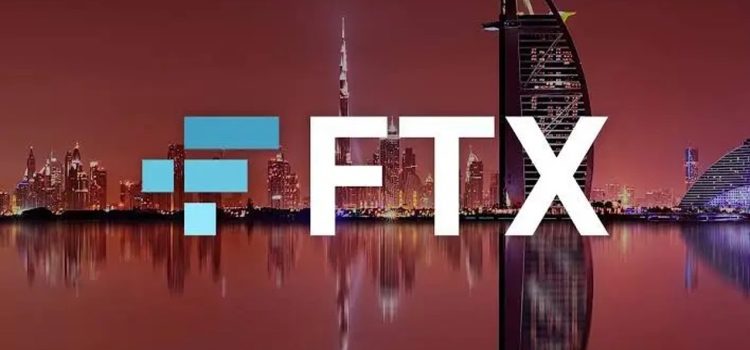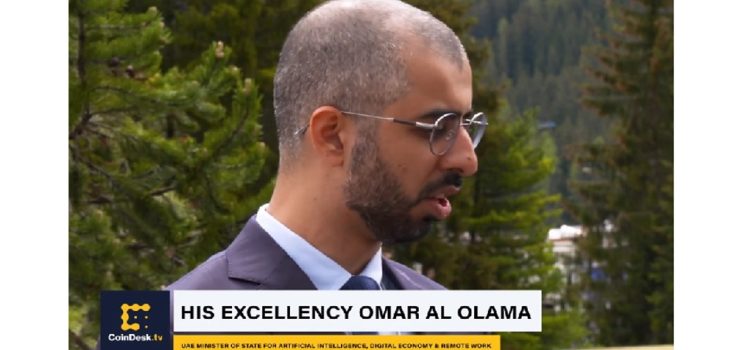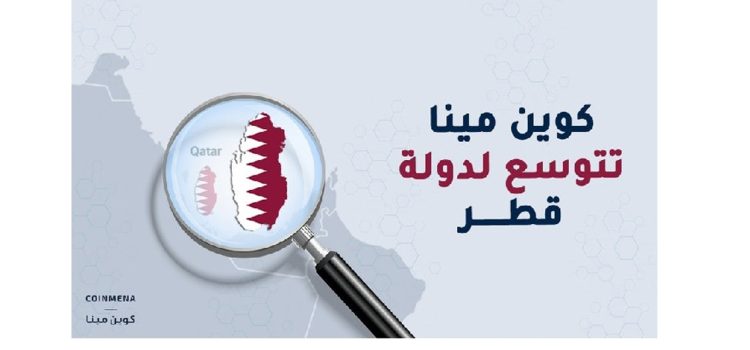
As per an article in Bloomberg, Bitcoin and Ethereum options exchange Deribit, is setting to enter Dubai UAE in Q3 2023, as UAE regulators provide the regulatory environment that will allow them to operate in the country.
As per the report, the exchange plans to open a Dubai office staffed by a team of 10 people composed of both local hires and the company’s existing talent, Deribit Chief Legal, Compliance and Regulatory Officer David Dohmen told Bloomberg. The move could take place as soon as this summer.
The Panamanian exchange is also planning expansion into Brazil, the U.K. and Singapore, said Dohmen.
The total volume of bitcoin options on Deribit rose to $4.25 billion during the week of January 15th 2023, the highest since second week of November 2022.
That’s a 375% rise from the low of $895 million registered in the final week of December, according to data source provider Amberdata. Deribit is the world’s largest crypto options exchange, accounting for nearly 90% of the global trading volume and open interest.
The impressive recovery in volume has mainly been driven by an uptick in demand for call options or bullish bets offering protection against price rallies.
“The share of calls relative to put volume is currently at more than 66%, its highest level in over a year,” analysts at Kaiko Research said in a note to clients on Monday. “This is yet another indicator that sentiment has improved in January.”
The dollar value locked in the number of open options contracts, also known as open interest, has increased to $5.92 billion, the highest since Oct. 27. Bitcoin’s (BTC) price has rallied by nearly 40% this month.
Options are derivative contracts that offer the purchaser the right but not the obligation to buy or sell the underlying asset at a predetermined price on or before a specific date. The call option gives the right to buy, while put options offer the right to sell.
Options are widely used by both institutions and individual investors and often provide an accurate picture of sentiment in the broader market.













